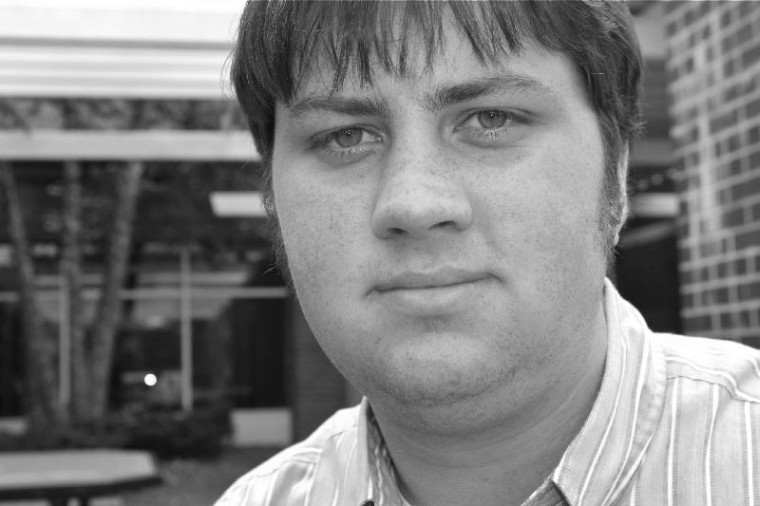Anti-death penalty should be upheld for all
September 28, 2011
The execution of Troy Davis last week, a Georgia man convicted for the 1989 murder of off-duty police officer Mark MacPhail, attracted huge amounts of attention, both within the United States and around the world.
Judging by the tweets I read and the email petition sent to all students, the outcry of support for Davis made last Wednesday the first time in my life that I’ve seen my peers organize around the anti-death penalty cause.
Of course, organizing took place globally, and many hope the execution will be a rallying point for advocates hoping to abolish the death penalty.
In a Sept. 23 Associated Press article, Laura Moye, director of Amnesty International USA’s death penalty abolition campaign said, “I’m meeting people who didn’t really ever speak about the death penalty and now they are. They’re hungry about the information and now they know.”
It’s heartening to see my peers and others get active in speaking out against capital punishment. It’s empowering to see people use new media tools to share their beliefs and speak out against injustice, such as on Twitter, where #TroyDavis and #TooMuchDoubt became widely used hashtags.
However, after last week’s events it’s important to consider the culture that surrounded the execution. The stories surrounding Davis’ trial and the following proceedings-the witnesses who recanted parts of their statements, the jurors who admit they now doubt his guilt and the high profile individuals who supported Davis-sound as though they came straight from a John Grisham novel.
The made-for-television characteristic of the execution, where the facts appeared hazy and the injustice stood out clear, made it easy for everybody to jump in the conversation and speak out loudly. It made Americans (myself included) feel good because they stood up for a person wronged by the system.
But nothing is ever black and white.
Few executions in the United States unfold with the widespread press coverage or public outrage shown in Davis’ case. For Lawrence Russell Brewer, a white supremacist gang member convicted of the 1998 murder of James Byrd Jr., I saw no support, though he was executed on the same day as Davis. A quick Google search found no petition to stop Brewer’s execution.
That’s the challenge that faces all who identify with the anti-death penalty movement. It’s tough to embrace and fight for the rights of a white supremacist found guilty of chaining a black man to a truck and dragging him for three miles down the roads of rural Texas.
But the anti-death penalty movement calls for people to fight for the most despicable and deplorable among us. Essentially, it’s the ultimate expression of “agape,” a universal love for mankind.
That’s a tall order for anyone, but it’s important that death penalty abolitionists move forward from the Troy Davis execution with a stronger resolution to bring greater attention to every death penalty case. It can’t stop at those cases with instant media appeal.
If living in a country free of state sponsored execution remains a high priority, then supporters must see beyond the media’s spotlight and highlight the injustice at the heart of capital punishment.












